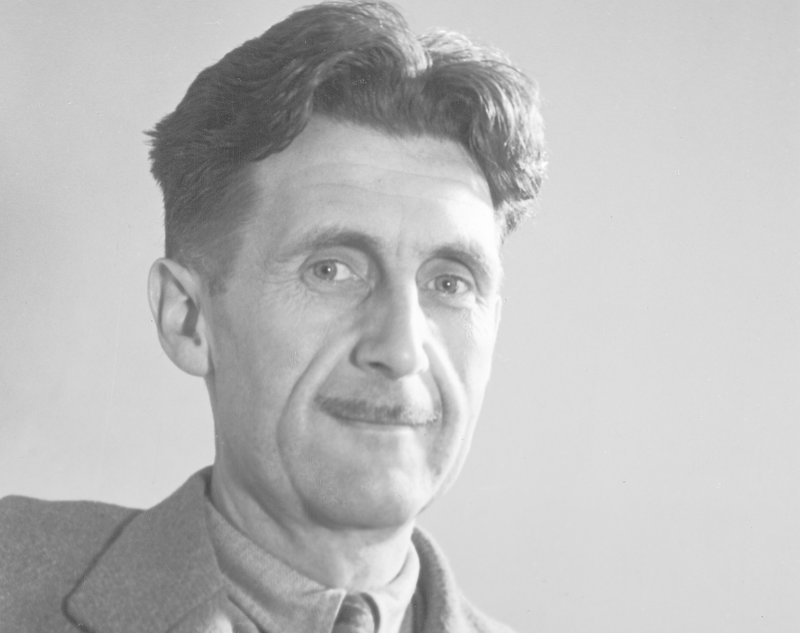Book of the month
“1984” - George Orwell
The writer takes a look at where Orwell did and did not get it right
It's not easy for me to be objective about this masterpiece of a book. Whenever I write any non-fiction, I always have one man (figuratively) looking over my shoulder and that man is George Orwell - he is nothing less than a literary hero to me. Despite this, I will try to be even-handed, though I intend to ignore some of the main themes of “1984” because a thousand reviewers before me have written in detail about the wider issues behind the Orwellian world that he so skillfully sets out.
Of course, if we look at this book as a predictor of the future Orwell was certainly mistaken about some things. The state, for example, is shrivelling rather than being the all-powerful monster machine that Orwell foresaw. Faceless international capitalism, rather than big government has instead become the central force of our time.
I think where Orwell strikes closest to the bone is when he captures the touching details of humanity and then contrasts this with the cold indifference of an all-encompassing system that is at every opportunity trying to wipe out the possibility of even a single rebellious individual. In the general society of “1984” the subtle points of daily existence are just as repressing as the strong arms of the state. Apartments smell like boiled cabbage and the food is barely edible, the furniture is uncomfortable, rooms are damp and under heated, the cigarettes are cheap and even the “Victory” gin tastes foul. For everyone, except those in the privileged realm of the Inner Party, there are no pleasures left except cruel ones like the collective 'groupthink' of the vicious 'Two Minute Hate' sessions. Even the act of sex is in the process of being wiped out.
With this as a part of the background, some of the other brilliance of the novel comes from the author's understanding and interpretation of how the mechanics of totalitarian regimes work. Government propaganda constantly runs through every facet of life. History is continually being rewritten, the official language is being shrunk and manipulated so that expression and thought are also shrunk and the working class population is subdued as well as physically isolated. Fear of invasion is also constant because Oceania, their great power is perpetually at war. Or at least that is what the populace is led to believe. On top of these perversions, “child hero” spies denounce their parents, who often live in fear of the little brutes.
Overall, Orwell deftly balances his political content with a love story and often returns to the motif of the human face, in all it's emotive quality. He has a warm fascination for objects and the history within them - how they have the ability to escape the censorship and destruction of so much else that tells of the past.
This book has the kind of mental atmosphere that was so poignantly developed in films such as The Lives of Others, a dramatisation of struggles in creative circles pitted against the 'Stasi' secret police in Communist East Berlin. Tragically, Orwell was in his late forties and was slowly dying of tuberculosis when we wrote “1984.” It is a fitting testament to a lifetime of physical and intellectual bravery and sometimes painful but always enlightening honesty.

